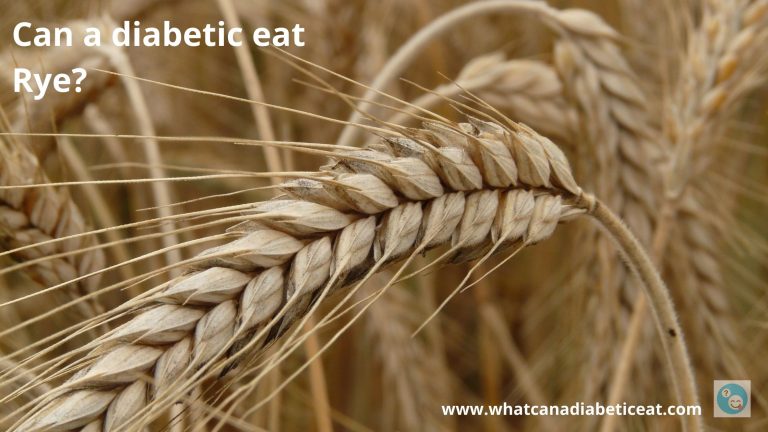Can a diabetic eat Rye?
Rye is an ancient edible grain. Though Rye belongs to the wheat family, Rye contains fewer carbohydrates and gluten than wheat. Moreover, the amount of nutrients, vitamins and minerals is higher in Rye than wheat. Rye has much lower glycaemic index (GI) than many other popular grains. Many studies proved that Rye helps regulate blood sugar levels in diabetics. Hence, a diabetic can eat Rye. Rye is popularly used to make bread, breakfast cereal, crackers, whiskey etc.
A diabetic can eat Rye berries and food made from Rye berries to get more health benefits. As Rye berries are whole grain with just the hull removed, they have more fibre and more nutritious. Rye berries are high in amino acids, vitamin B, dietary fibre, amino acids, selenium etc. With a firm chewy texture and mild Walnut-like flavour, Rye Berries are great for the palette.
Does Rye raise blood sugar levels?
Rye is more filling than other grains such as wheat or rice. This means you can satisfy your hinger by eating smaller quantity of Rye than rice or wheat. Rye is also high in dietary fibre. As a result, eating Rye will make you feel full for longer and does not raise blood sugar levels. A useful tip when eating Rye is to always chose food made from wholegrain Rye. When you eat whole grain Rye bread you will get at least 3 gm fibre per slice. Thus, eating whole grain Rye helps regulate blood sugar levels.
What are the benefits of eating Rye?
The high dietary fibre in Rye mean Rye has low glycaemic index than other grains. Eating Rye helps diabetics regulate blood sugar levels. Non-diabetics who eat Rye can delay or prevent type 2 diabetes.
Eating whole grain Rye helps to lose weight. People who eat whole grain Rye often lose weight faster than those that eat other whole grains.
Some studies proved that eating Rye regularly can help regulate blood cholesterol levels. For a diabetic, keeping blood cholesterol levels in control is important. Higher levels of bad cholesterol can lead to cardiac complications or stroke in diabetics.
Rye is high in fibre which means your body will take longer to digest Rye than other grains. As a result, you will see gradual release of glucose into blood stream. This means eating Rye will not cause sudden rises in blood sugar levels.





